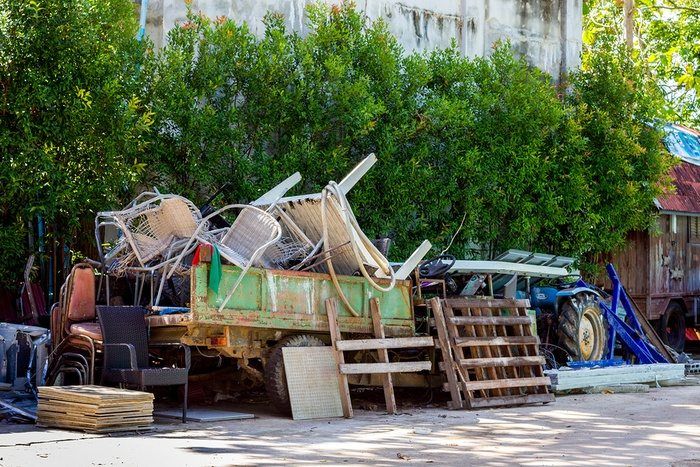
The production and disposal of rubbish uses up natural resources, including water, fuels, metal, wood and coal. It also releases greenhouse gases and other pollutants into the air.
What is the impact of rubbish on climate change?
Recycling plastic waste can help reduce carbon emissions from manufacturing new products and rubbish removal Birmingham. This can also benefit the environment because fewer raw materials need to be mined or extracted.
Reducing waste in the first place is a key part of tackling climate change. This is done through strategies such as re-use, reducing the need for transport and avoiding waste at all costs.
This is the basis of the EU’s Waste Framework Directive, which sets out a waste hierarchy that begins with prevention, followed by preparing for re-use, recycling and recovery. In addition to this, it aims to minimise the amount of waste that is sent to landfills, which release methane and other climate-damaging gases.
In addition, rubbish can contaminate soil and water. This is particularly problematic when waste is thrown into landfills, which are designed to decompose anaerobically (without oxygen), and which produce methane that traps 84 times more heat than carbon dioxide in the air.
This is why it is important to prevent waste as much as possible and recycle and reuse it as much as possible. Ultimately, a shift towards a Zero Waste society will have the largest impact on tackling climate change. The most effective way to move forward is by each individual doing their bit.
